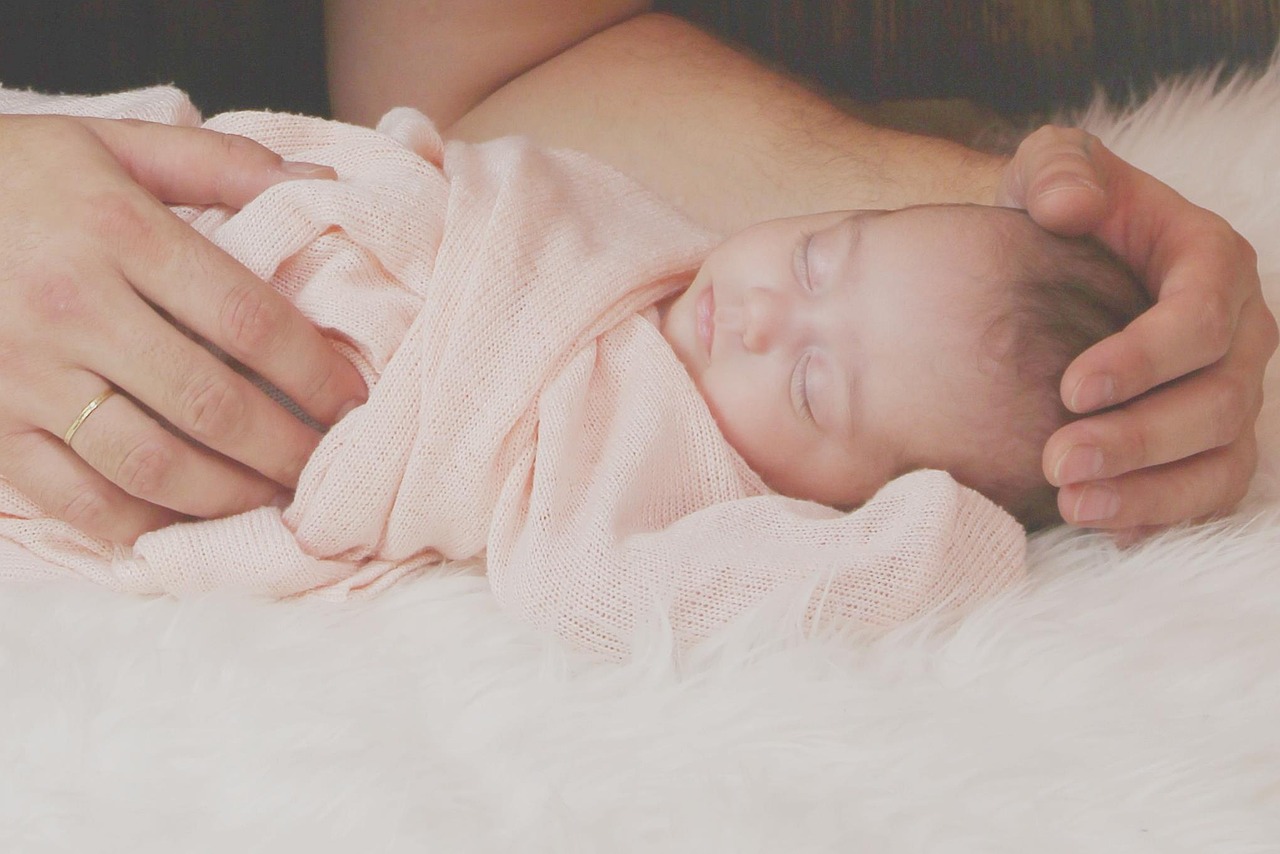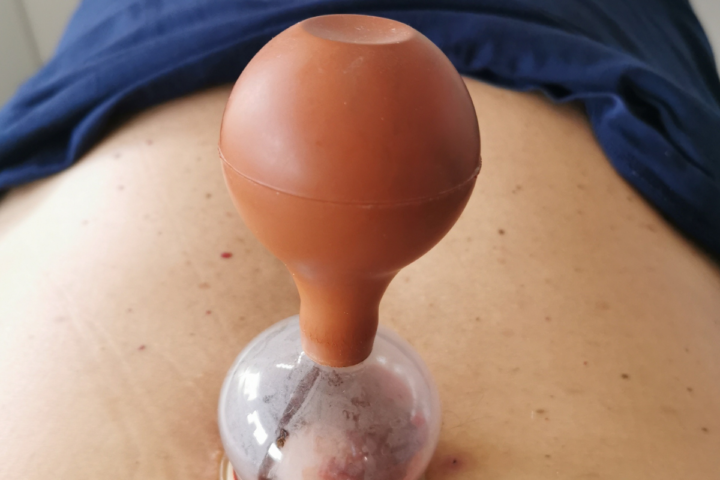Not all child development processes are always correct. Our children sometimes have developmental problems or difficulties with their posture. In order to ensure that your child develops correctly, it is advisable to have your child examined by a paediatric physiotherapist who is predestined to work with toddlers.
What does a paediatric physiotherapist do?
Paediatric physiotherapy is related, among other things, to how to position, carry and care for the baby in order to maintain normal development. Such work with toddlers can only be undertaken by a professional who has completed professional paediatric training. He is called a paediatric physiotherapist. He assesses the child's condition in terms of developmentally appropriate movement patterns. He also analyses the child's behaviour to determine whether there are any developmental disorders.
With expert advice, parents learn what the daily care of their infant should look like, how to put them to sleep, and how to carry them safely and what to avoid.
The range of problems a paediatric physiotherapist deals with include:
- infant and young child diagnostics,
- guidance for parents on childcare,
- therapy of postural and musculoskeletal defects of scoliosis and foot defects in children,
- activities to improve children facing neurological, genetic, orthopaedic, metabolic or rheumatological diseases,
- supporting the psychomotor development of premature and at-risk infants, and those suffering from disorders in the quality and distribution of muscle tone or positional and functional asymmetry,
- issuing opinions to psychological-educational counselling centres.

What does a visit to a paediatric physiotherapist offer?
The paediatric physiotherapist, is the person who will be able to most objectively assess your child's development and answer most of your childcare questions. A visit to a paediatric physiotherapist, will allow you to carry out a specialised developmental diagnosis, obtain a reliable assessment of your child's psychomotor development and select an appropriate set of exercises.
Early visit to a physiotherapist will help to choose the right techniques to support the child's psychomotor development. A small change in habits, such as the positioning of the baby in the cot or the way the baby is given to the other person, can make it possible to eliminate developmental problems. An appointment with a specialist can allay a parent's doubts about their child's condition and provide them with knowledge about the different stages of development.
Paediatric physiotherapy is concerned with supporting the psychomotor development of children of different ages with a variety of disorders of the nervous or musculoskeletal system. It can help newborns or babies with asymmetry or muscle tension problems, as well as older children suffering from cerebral palsy, flat feet, Down's syndrome or scoliosis.
When should a child be seen by a paediatric physiotherapist?
Parents who have noticed certain abnormalities in their child's development that do not correlate with accepted patterns should visit the paediatric physiotherapist. If the child is unable to maintain a uniform body position, is apathetic, shows no interest in space, it is worth analysing the toddler's behaviour.
The initial problems do not have to mean serious defects or illnesses - they can, however, be a sign of health problems, because it is worth acting preventively, before a problem arises, and finding out what kind of support our child needs. We should go to a specialist when our child:
- takes only one position all the time and does not want to change it at all,
- looks in only one direction,
- shows more activity with only one part of the body,
- displays worrying behaviour of the head, e.g. bends it to one side.
It should also be of concern:
- Arranging the toddler into the letter C
- Reluctance to lie on the stomach,
- Arching on the stomach or back,
- Lack of interest in the world around him,
- Failure to follow the parent's hand or toy with the eye,
- Difficulties in care activities.




